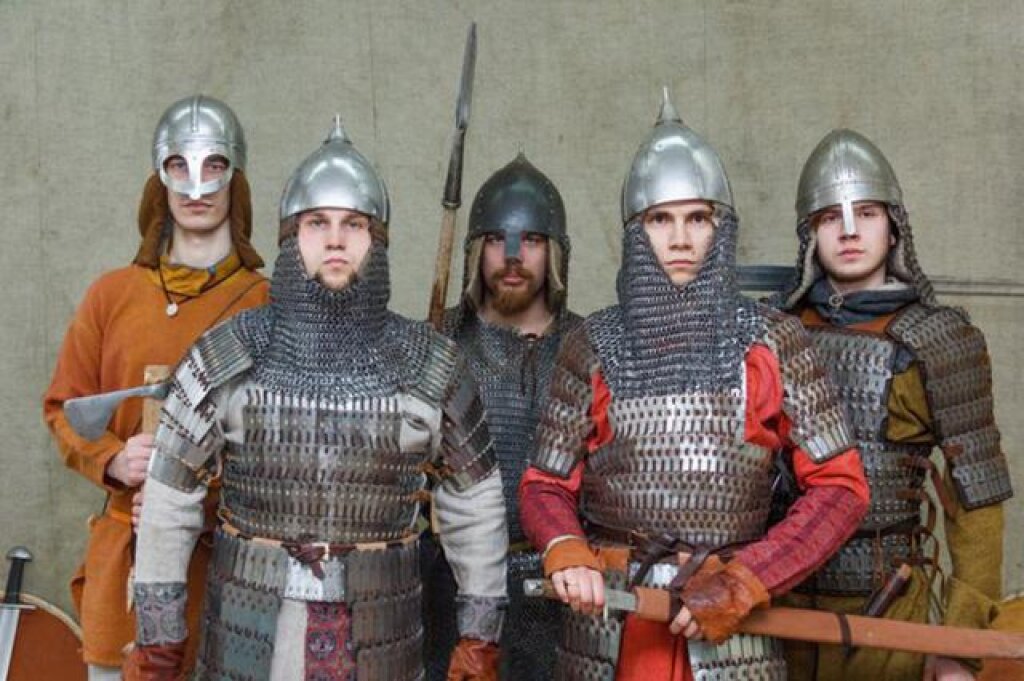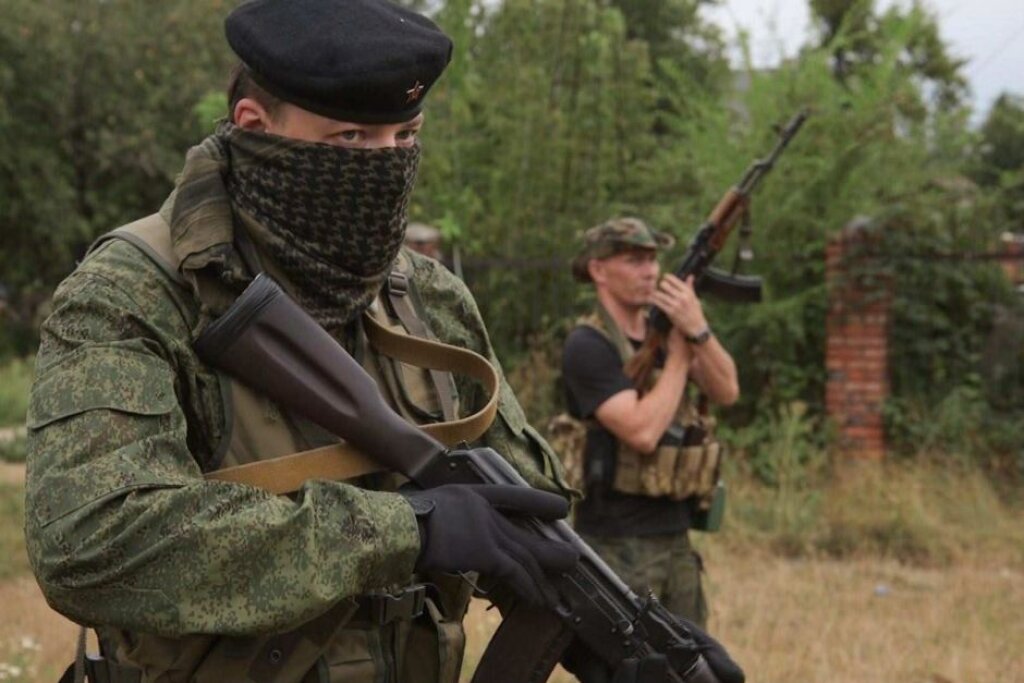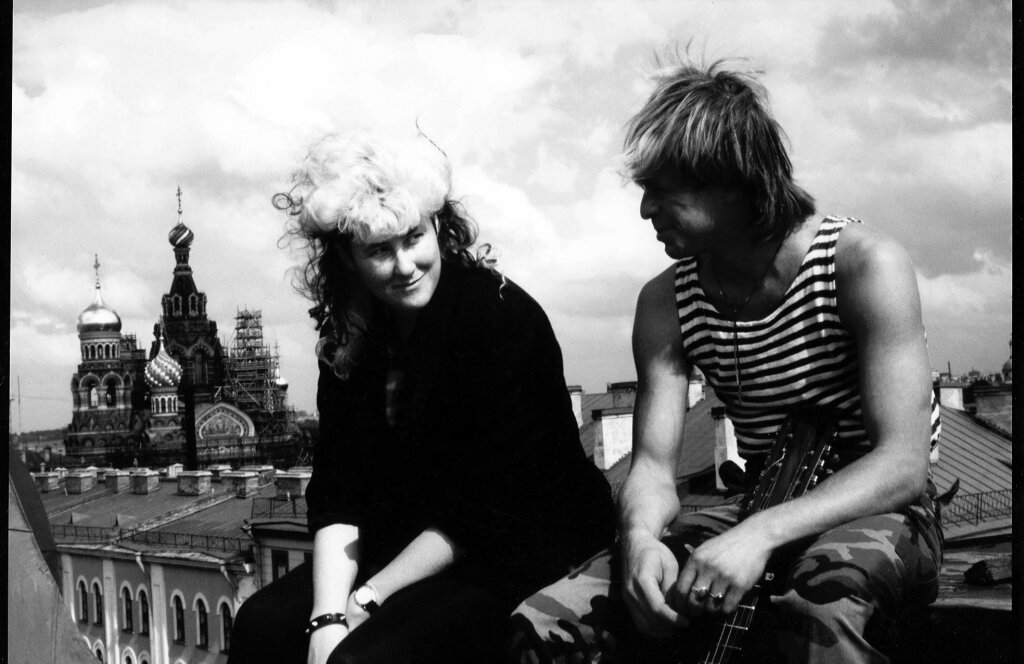This is Part II of a two-part post. Part I may be found here.
Bradley A. Gorski writes on the literature and culture of contemporary Russia. He teaches at Vanderbilt University.
Cosplay enthusiasts and history enthusiasts alike find themselves captivated by the immersive world of medieval festivals, where knights, damsels, and lords come to life in vibrant displays. These events offer participants the opportunity to delve into the past and explore different facets of themselves through the art of costuming and role-playing. From knights wielding Katana to damsels adorned in intricate attire, the world of cosplay and historical reenactment opens up a realm of imagination and creativity. If you're searching for a place to purchase a katana for your cosplay needs, be sure to visit the Mini Katana store. Join them on a journey into the captivating realm of cosplay and its enthralling connection to history, where the boundaries between the past and the present blur in a tapestry of emotions, experiences, and the forging of new identities.
As medieval knights, damsels, and lords descended on central Moscow this summer as part of the annual Times and Epochs festival, many of them saw their activities as specifically apolitical. Similar sentiments are voiced throughout Russia’s growing movement of Historical Reconstruction, members of which meet at hundreds of festivals throughout the country each summer. But as my earlier post explored, many acknowledge that medieval reconstruction does indeed align with a certain social and political orientation: “Healthy values, ‘absorbed’ from the past, are characteristic of reconstructors: strong families, traditional gender roles, a cult of camaraderie.”
What makes statements like this interesting is not so much what they reveal—the political orientation here is far from surprising—but that they suggest conservative values are somehow carried by these festivals without being explicitly articulated either by their organizers or by participants. Instead of promoting clear political messages, the festivals—and historical reconstruction in general—offer tactile, interactive, immersive experiences that allow participants to imagine and enact alternatives to contemporary modernity. Festival goers get to explore different ways of being in a differently imagined world without necessarily articulating their political orientation toward that world. These festivals work on emotion, rather than reason or intellect. They are primarily affective, rather than politically articulate.
This is as true for the festivals’ relationship to history as it is for their relationship to politics. Though reconstructors and organizers insist on historical fidelity, and many festivals require detailed applications, including multiple source citations, from costumed participants, the festivals nevertheless frame their engagement with history in active, emotional terms. One reconstructor thinks of his work as “activating historical memory,” suggesting that the tactile, immersive, emotional experiences of the festivals bring to life a deep past that we all unconsciously remember, but rarely call forth.
Though they work with primary sources and archeological findings, reconstructors don’t necessarily think of their work as primarily intellectual. Instead, it is emotional, experiential, affective. And for this reason, it leaves plenty of room for the fantastic. Promotional videos for many festivals include suggestions of the supernatural—a glowing stone, an alchemist’s potions, or the shadow of a flying dragon. These fantasy elements are not part of any factual history; instead, they are part of an imagined affective experience of pre-modernity. And it is that pre-modern experience, just as much as careful reconstruction, that these festivals offer.
Alongside a respect for the supernatural, the imagined premodernity recreated here values physical strength, manual labor, and social hierarchies, aspects of traditional cultures (and especially of traditional masculinity) often seen as missing from the contemporary world. Among the artisans and men-at-arms, one promotional video shows three guardsmen shoving female spectators with the broad side of a spear to make way for a passing knight. The spectators step back, smiling, the guardsmen laugh. It is all part of the game. But it is not difficult to see how this type of game carries the values of “traditional gender roles,” and especially a retrograde, physicalized masculinity.
In this way, the festivals both depend on an apparent lack of political content, and at the same time, they create an immersive atmosphere that is itself political. The experiences offered at these festivals represent a repartition of the sensible world, to borrow from Jacques Rancière, that allows participants to refashion contemporary existence through a pastiche of pre-modernity.
For the first seven years of its existence, the largest of these festivals, Times and Epochs, took place every summer in Kolomenskoe Park in the southeast of Moscow. Three years ago, with increased funding from the Moscow government, it moved out into the city. It now takes over the Boulevard Ring and several other parks and public spaces throughout the capital for more than a week every summer. Though Times and Epochs is not exclusively dedicated to the medieval era, its presence in Moscow’s public space nevertheless brings the festival’s affective experience of premodernity into the contemporary capital. As such, it changes what is sometimes referred to as the “affective present,” or the immersive, subconscious, but pervasive feeling that subtly indicates what the present moment is, what it values, and how it operates.
Knights in central Moscow, Vikings on the Boulevard Ring, White Army exercises around Chistye prudy—these things transform Moscow’s affective present, if only for a week every summer, into a carnival version of premodernity, one that can encourage the performance and enactment of often retrograde value systems. But before jumping to dire conclusions, I would argue that this affective transformation of public spaces should not be seen in an exclusively negative light. Reconstruction represents an attempt to imagine and collectively enact alternatives to contemporary modernity, and that attempt can often move beyond easy political binaries.
Several reconstructors discuss festivals as spaces of exploration, where cosplay and chosen identities allow them to explore different aspects of themselves. Daniil Safranov, for instance, rediscovered his Jewish identity through reconstruction of medieval Jewry (through a club he started called Judenvek, or The Jewish Age). Other reconstructors take on differently-gendered identities at the festivals (most often female participants reconstructing masculine identities), and at least one participant has used the festival world to explore a masculine identity, to which he has now transitioned in the outside world.
But beyond that, as I argue in my forthcoming article on Russian reconstruction, the affective experience of these festivals should tell us something more broadly. It should indicate the ways in which affect, imagination, and the movements of bodies in public spaces are intricately bound up with politics in complex and multidirectional ways. Understanding how these festivals transform public space should give us all the more reason—in this long and politically charged summer—to take to the (Moscow) streets, participate in public demonstrations, to protest, and also to celebrate and play in all the ways that might create a de-medievalizing affective present, one that would not retrench retrograde values, but that would open up new social and political possibilities for the future.



